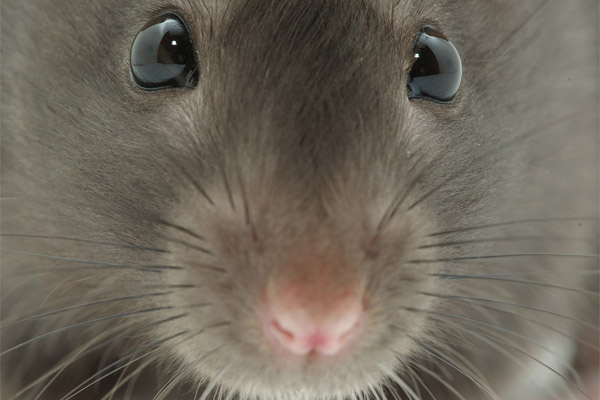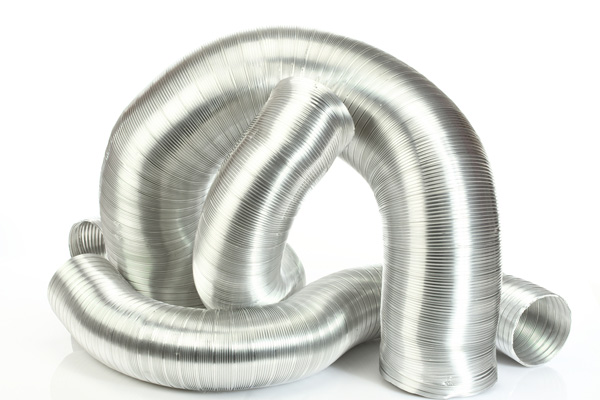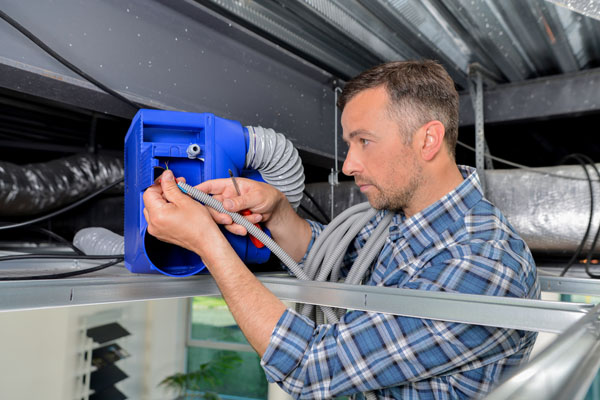
Although dirt and debris can certainly foul up your HVAC ductwork, they aren’t the only things that are capable of being trapped in these spaces. There may come a time when a rodent makes its way into these channels and causes a lot of problems for you and everyone else in the home. One of the worst things that can happen to your HVAC ducts is having a dead rodent get trapped inside. As its body starts decomposing, it will emit a rank odor that permeates the entire house. A dead animal in air duct can carry a number of dangerous bacteria and viruses that could end up mixing with the air that’s being circulated. This is clearly a situation that must be dealt with right away, especially in the interest of protecting the health and safety of all building residents.
How To Get Rid Of A Dead Rodent In Your HVAC Ductwork
Table of Contents
- 1 How To Get Rid Of A Dead Rodent In Your HVAC Ductwork
- 1.1 Make Sure That The Rank Odor Is Actually A Dead Rodent In Your Ductwork
- 1.2 Use Your Nose To Find The Culprit
- 1.3 Start Getting Your Supplies Together
- 1.4 Clear The Dead Rodent Out Of The HVAC Duct
- 1.5 The Entire Area Must Be Disinfected
- 1.6 Find Out How The Rodent Got Into The Ducts
- 1.7 Have An HVAC Contractor Fix & Seal All HVAC Ductwork Holes
- 1.8 Conclusion
- 2 Call Skylands Energy Service For All Your HVAC Requirements
Here are some steps you should take if you’ve got a dead rodent in your HVAC system:
Make Sure That The Rank Odor Is Actually A Dead Rodent In Your Ductwork

The first and most important step to take is to determine the exact source of the rank odor that you’re smelling. It may well be a dead or dying rodent, but there’s still the possibility that it’s something else entirely. Rotting bodies emit sulfur dioxide and methane, along with other decomposition-related gases. These are smells that the human nose happens to be unfortunately sensitive to and thus, they’re generally easy to detect. The smell is both rancid and strong and can even cause some people to vomit. The larger that the dead body is; the more decomposition gases it will emit as it dries out. The foul and offending odor can last for weeks until the body is completely dry.
Use Your Nose To Find The Culprit
If you’re sure that you’re dealing with a dead rodent in your HVAC ducts, you will need to find its exact location and take it out. Certain instruments can be used to identify decomposition gases, but they’re impractical for this type of project. Many homeowners simply use their noses and this tends to work for this job. Search for the area where the stench is most potent. This isn’t fun to do in the least, but it will help you take care of the problem quickly. If you aren’t up for this type of work, go ahead and hire an HVAC company to remove the rodent and any of its remnants.
Start Getting Your Supplies Together

Touching a dead rodent with your bare hands is always a terrible idea. This animal could be carrying diseases and countless germs and various could be around and on its decaying corpse. Make sure that you’ve got a good pair of gloves to use during the extraction to avoid coming in direct contact with these contaminants. You will also need a thick-walled plastic bag that doesn’t have any breaks or holes. This is where you will be placing the rodent’s body and sealing it up before disposing of everything. Carefully search for leaks in the bag that you intend to use. For locations that aren’t easy to reach, grab a wire hanger or a similar reaching tool that has a hook at its end. Again, if you’re having a hard time stomaching any of this, hiring an HVAC technician is a much easier choice.
Clear The Dead Rodent Out Of The HVAC Duct
Extracting a dead rodent from HVAC ductwork should be a fairly straightforward effort if it happens to be located near a vent. Just open the vent up, use your gloved hand to reach in and grab it, and then place the body inside of your durable plastic bag. You should be wearing gloves that are disposable. These can go into the plastic sack with the animal. Everything should be tightly sealed up and placed in the outside trash bin. The job could be much more complicated, however, if you cannot see the body or if you are unable to access the carcass via a vent or any other access point. Try reaching deeper into the ductwork with your hooked tool. When bodies are significantly decayed, they sometimes have to be extracted in numerous pieces before the work is done. When this is the case, HVAC professionals should take care of the extraction instead.
The Entire Area Must Be Disinfected

Taking the body out of your HVAC ductwork is just one of the first steps. A dead rodent will have likely left behind dried blood and bodily fluids. There may even be ticks, fleas, and fur in the space. Everything has to be thorough disinfected so that the ducts are completely clean. You will need to spray a quality disinfectant in all of the different areas that the rodent traveled through while dying. Doing so is necessary for protecting your indoor air quality and for ensuring that your home heating and cooling system isn’t spreading disease. This is a critical step that should never be skipped.
Find Out How The Rodent Got Into The Ducts

After you have thoroughly cleaned your HVAC ducts, you can start focusing on preventing the problem from occurring again. It should not be possible for rodents to enter your HVAC ductwork. These systems have barriers for keeping rodents and other animals out.
So, what allowed a rodent in? Does the ductwork have any holes or gaps? Do you need to fix or replace a broken or damaged vent? It may be that the rodent died far from the place where it entered after traveling through the ducts in search of a way out. Check the entire network of HVAC ducts to find entry points and then make sure that they are all sealed. You want this to be the last time you have to remove a dead rodent from your ducts. You should note that an HVAC professional is best able to do this. They are trained for spotting problems with ductwork and skilled in resolving them. AS such, you might want to call in a contractor to deal with any HVAC ductwork damage that you find.
Have An HVAC Contractor Fix & Seal All HVAC Ductwork Holes

Not only do holes in your ductwork allow rodents in, but they also let air leak out. These holes should be plugged by a qualified HVAC technician to prevent further air leakage. Leaky HVAC ducts make heating and cooling systems far less efficient. To create the desired temperatures indoors, heating and cooling systems with leaky ducts have to work a lot harder. This can also lead to uneven temperatures throughout the building as well as the farthest areas lacking adequate amounts of conditioned air. If it’s time to have your home heating and air conditioning system maintained, now is the time to set up an appointment with an HVAC company.
Conclusion
Rodent-infested ductwork is actually a surprisingly common issue. HVAC companies get lots of calls to have dead rodents remove from ducts so don’t hesitate to get professional help if this is a problem you’re dealing with. HVAC professionals can take care of problems like these quickly and efficiently. They are also able to seal up gaps, holes, and other entry points and can thoroughly disinfect all affected areas.
Call Skylands Energy Service For All Your HVAC Requirements
 For all your superior HVAC service needs, call Skylands Energy Service. We have the best professionally certified and highly-trained technicians in the area. Rest assured that we can conduct excellent heating and cooling repairs, installations, replacements, and maintenance. Each of our friendly techs has years of experience and extensive knowledge to service your system accurately at all times.
For all your superior HVAC service needs, call Skylands Energy Service. We have the best professionally certified and highly-trained technicians in the area. Rest assured that we can conduct excellent heating and cooling repairs, installations, replacements, and maintenance. Each of our friendly techs has years of experience and extensive knowledge to service your system accurately at all times.
Do you need affordable HVAC services? No worries. Skylands Energy Service has the most competitive HVAC service prices in the area. Our tune-up services can improve your comfort and energy efficiency while reducing your home heating and cooling costs. We can also help you find the best replacement system for your home and budget. Your satisfaction is essential, so our works come with a guarantee. Schedule a service appointment with Skylands Energy Service today and get a free, in-home estimate.
Contact us now at (908) 707-1776 to find out more!

